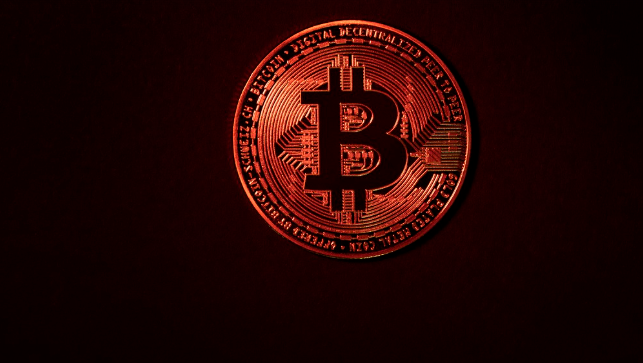$BTC $ETH #Bitcoin #Crypto #SoundMoney #FiscalDiscipline #WarMachine #Inflation #BTC #EconomicStability #Blockchain
Could Bitcoin End War? Explore the Surprising Moral Arguments
In a world where fiscal irresponsibility often reigns supreme, the news surrounding Bitcoin’s potential role in promoting economic discipline is gaining traction. Advocates argue that Bitcoin (BTC) could serve as a crucial tool in reshaping how governments manage their finances. This perspective highlights the moral implications of adopting sound money principles.
Sound money, characterized by limited supply and intrinsic value, compels both governments and individuals to exercise fiscal responsibility. In contrast, currency inflation leads to unchecked spending, creating an environment ripe for economic instability. When governments rely on fiat currencies that can be printed at will, they often engage in reckless borrowing and spending, which can exacerbate conflicts and wars.
Bitcoin presents a compelling alternative. Its decentralized nature and capped supply of 21 million coins make it a form of sound money that cannot be manipulated by governments. This unique property may encourage fiscal discipline, prompting governments to think twice before engaging in costly military endeavors. If nations were to adopt Bitcoin as a primary currency, the immediate incentive to inflate the currency would diminish significantly.
Moreover, the ethical dimensions of Bitcoin extend beyond mere fiscal policy. By promoting sound money, Bitcoin can potentially reduce the funding available for military operations. When governments are forced to adhere to fiscal discipline, they are less likely to allocate excessive resources to warfare and military expenditure. This shift could fundamentally alter the geopolitical landscape, reducing the prevalence of conflict fueled by economic motives.
Critics may argue that Bitcoin’s volatility undermines its effectiveness as a stable currency. However, proponents contend that as adoption grows, Bitcoin’s price will stabilize, making it a viable alternative to traditional fiat currencies. The transition to a Bitcoin-based economy may not happen overnight, but the gradual shift towards sound money principles could yield significant long-term benefits.
As we continue to explore the implications of cryptocurrencies on the global stage, it’s important to consider the broader context of economic stability and social responsibility. The moral case for Bitcoin extends beyond financial gain; it involves the potential to reshape society’s relationship with money and power.
In conclusion, the adoption of Bitcoin could lead to a more disciplined approach to fiscal policy, which may consequently reduce the propensity for war. By embracing sound money, governments may find themselves less reliant on military intervention, ultimately promoting peace and stability.
For those interested in delving deeper into the world of cryptocurrencies, consider checking out our crypto section for more insights. Additionally, if you’re looking to trade or invest in Bitcoin, you can start your journey with Binance, one of the leading platforms in the market.
As the conversation around Bitcoin and its moral implications continues to evolve, it is essential to engage with these ideas critically. By fostering a deeper understanding of the relationship between money and conflict, we can begin to envision a world where economic principles align with ethical considerations.







Comments are closed.